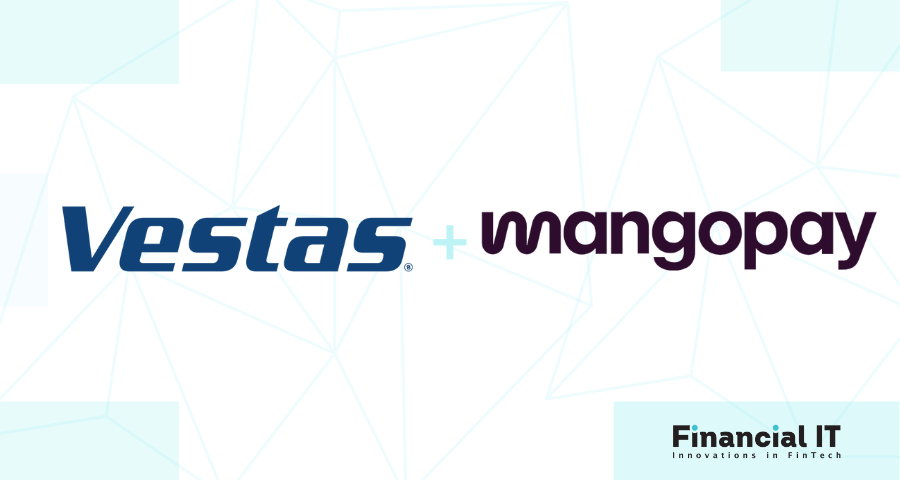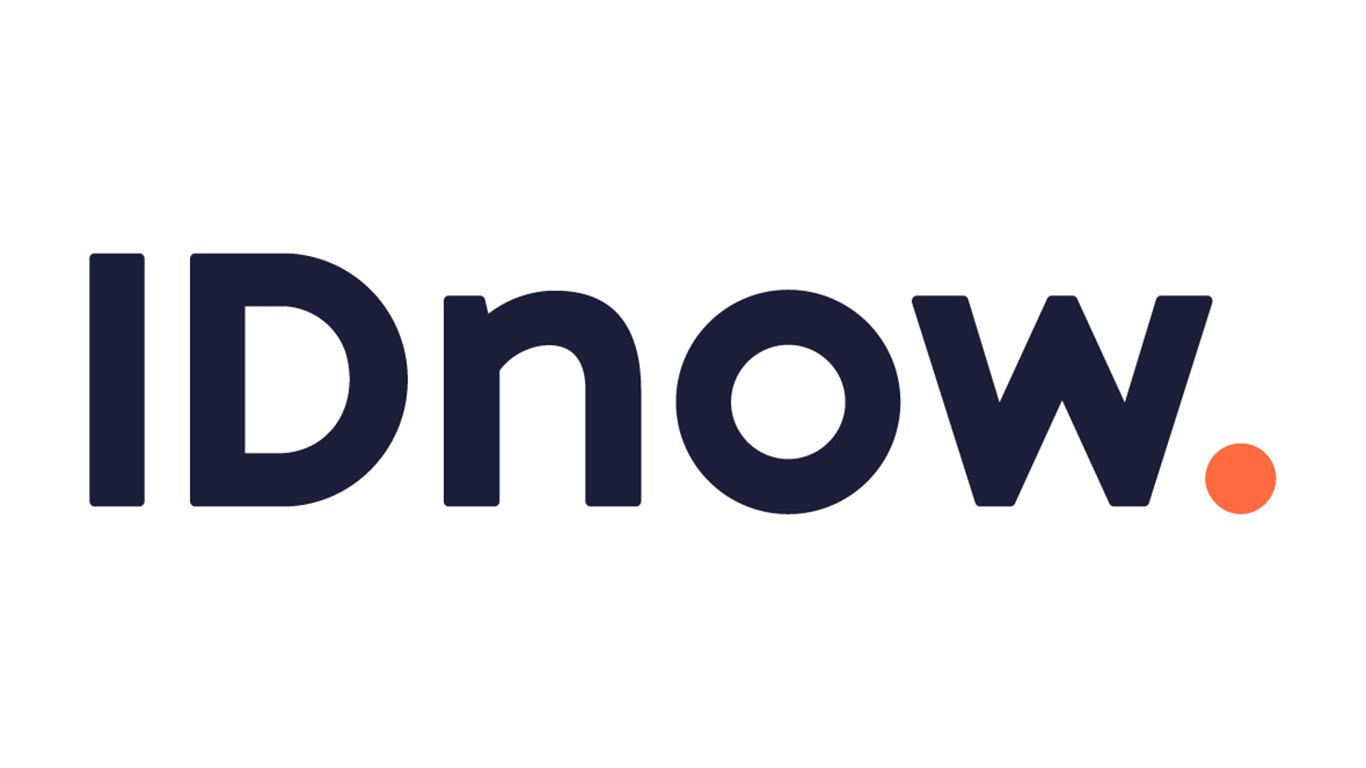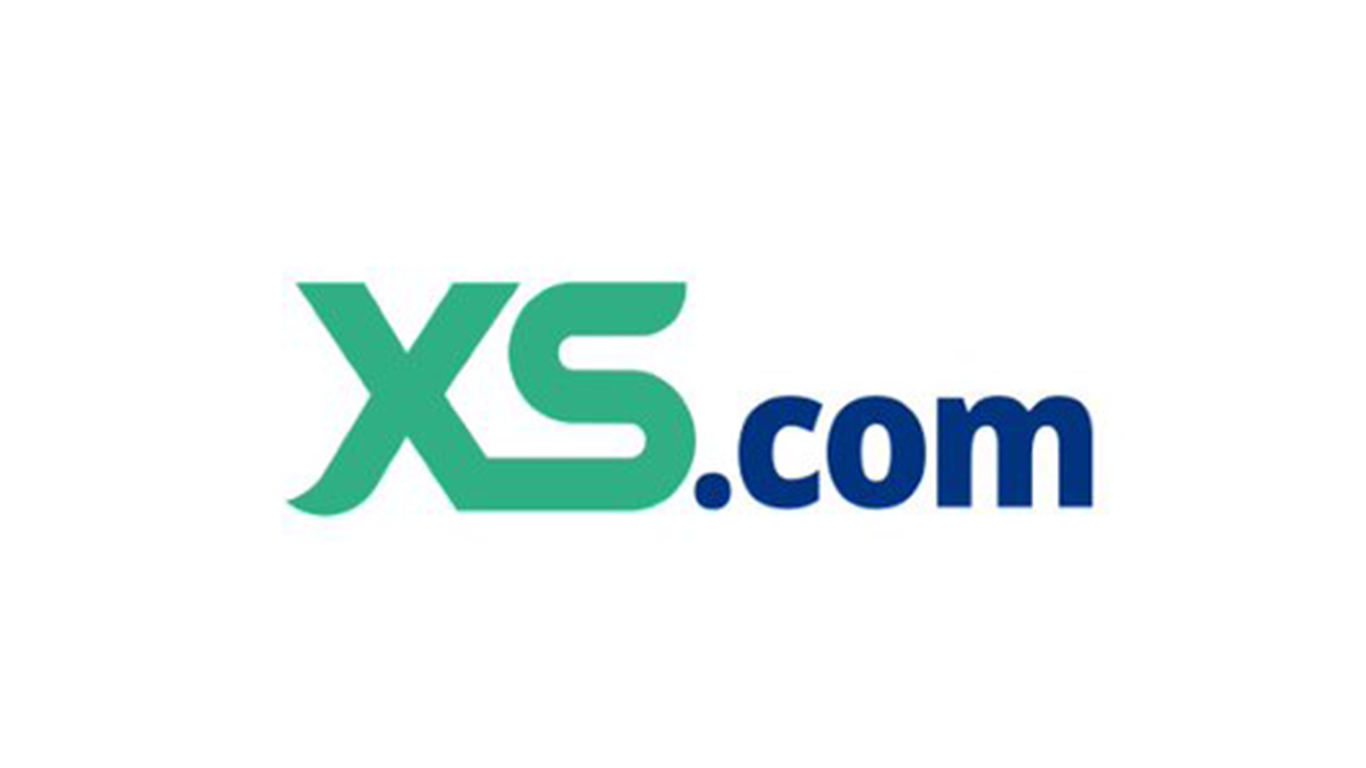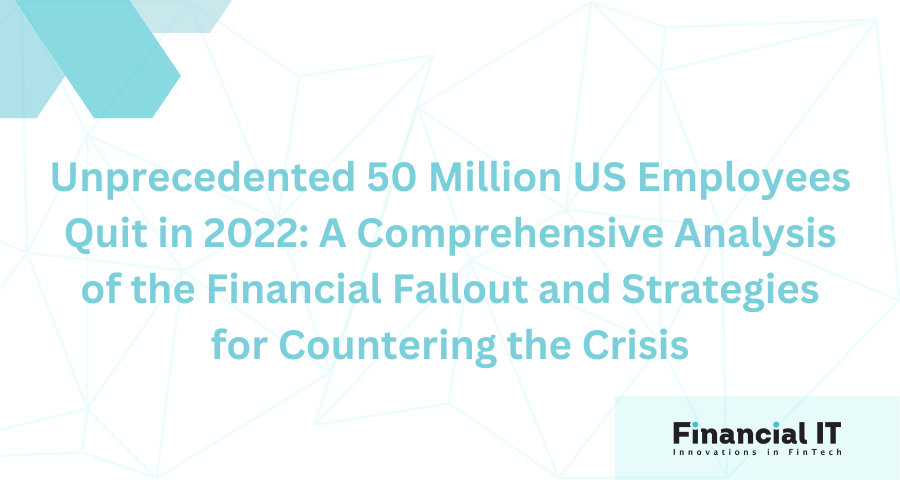Published
- 02:00 am

- Open technical standards for the government’s social payment infrastructure.
- The development of a rulebook regarding how government payments operate.
- Structured funding for social sector-led payment innovation, while also giving a launchpad for their ideas and insights into the financial lives and challenges faced by underserved groups like the elderly and those out of work or in debt.
- Reconnecting house associations with local financial support services.
Pooja Bhachu, Director, Public Policy, UK&I, Mastercard – Project Lead for Project Inclusion at The Payments Association, said: “Payments innovations can help people strengthen their financial capabilities, make them more resilient to financial shocks, and improve their long term financial security. But industry and policymakers must work together to harness this innovation. They can do that by improving access to digital financial services, creating new services that are inclusive by design, and improving the regulatory environment for fintechs who are tackling social issues.”
Neil Harris, Chair, The Inclusion Foundation – Chair, The Payments Association Advisory Board, added: "Industry and policymakers must work together to open up and improve access to digital financial services and take active steps to involve those people most affected by financial exclusion and the ongoing cost-of-living crisis. With this report, we hope to not only move the discussion forward but catalyse much needed action.”
Tony Craddock, Director General of The Payments Association, commented: “We are very excited to share the results of this report. Every one of us has experienced or knows someone who has been impacted by the economic hardships that are at an all-time high. It is vitally important that our industry leads the way to create change to build a brighter, better future.”
Related News
- 09:00 am

Sends, the cutting-edge financial service provider announced a summer special offer for Internet acquiring services. PSP Sends provides new customers onboarded from July 1st, 2023, to August 31st, with a reduced acquiring fee of just 1%.
In the digital age, businesses must adapt to changing consumer payment habits, particularly the growing reliance on online transactions. Internet acquiring is now crucial for conducting business, enabling companies to securely and efficiently accept electronic payments.
"Internet acquiring is essential for every business today. Payment habits changed significantly during Covid-19, and paying online is a must-have for customers," said Anastasiia Pervushyna, Director/MLRO in Sends. "With our '1% Acquiring Fee' promotion, we are excited to provide businesses with an opportunity to lower their acquiring costs and enhance their financial performance. Our support team provides a fast and comfortable onboarding process for clients.”
In addition to Internet acquiring, Sends also facilitates the opening of multicurrency business accounts for European-based companies. Opening a SEPA/SWIFT bank account is available within 48 hours after submitting the necessary documents.
Related News
- 09:00 am

Vestas, the global leader in sustainable energy solutions, has expanded its partnership with platform-specific payment infrastructure provider Mangopay, to manage the payment flows of Covento, its B2B marketplace dedicated to parts for the renewable energy sector. Building on their collaboration since 2021, this enhanced partnership will see Mangopay manage all payment flows streamlining the procurement process for renewable products and delivering a seamless payment experience similar to B2C e-commerce sites.
The renewable energy market is experiencing significant growth, with a valuation of $1.1 trillion in 2022 and a projected compound annual growth rate (CAGR) of 16.9% from 2023 to 2030. Covento, initially launched in France, Denmark, Germany, Spain, and the Netherlands, stands at the forefront of this industry, offering a comprehensive range of 40,000 renewable spare parts. Covento is revolutionising the fragmented renewable aftermarket into a simplified and connected digital journey by providing an end-to-end solution for supplier consolidation and streamlining the traditionally burdensome and costly procurement process.
Marketplaces like Covento play a pivotal role in the transparent and efficient purchase of renewable energy materials. The adoption rate of global B2B marketplaces has grown 8.6 times since 2015, with a combined enterprise value of $214 billion. While marketplaces offer opportunities for businesses to innovate their buying and selling experience and reach new audiences, customers seek a seamless purchasing journey that emulates traditional e-commerce sites, encompassing every touchpoint from product portfolio to the payment process.
Covento's main challenge lies in offering a comprehensive experience that allows easy reconciliation, refunds, and dispute management. By leveraging the e-wallet technology, Covento can route payments, optimize seller payments based on specific business rules and reconciliation processes. Additionally, Mangopay's pay-in solution ensures secure checkouts to users.
Casper Algren, Chief Commercial Officer, Covento, emphasizes: "Covento is on a mission to become the leading B2B marketplace for the renewable industry, facilitating global e-commerce for both buyers and sellers. The payment experience plays a crucial role in achieving this ambition, and we are thrilled to collaborate with Mangopay to unlock new payment capabilities for our marketplace ecosystem."
Related News
- 08:00 am

IDnow, a leading identity-proofing platform provider in Europe, has achieved the ISO 27001 certification for IDnow GmbH. With this latest certification, all of the group’s entities that build and operate its solutions are fully certified against this scheme.
ISO/IEC 27001 is an internationally recognized security standard for certifying an information security management system (ISMS). With ISO/IEC 27001, IDnow implements requirements and processes to manage, control and continuously improve the information security of the company.
Following the ISO/IEC 30107 certificate for its VideoIdent solution and the ETSI TS 119 461 certification, this latest certification further underlines IDnow’s efforts in maintaining the highest level of data security and privacy for its customers and partners in the financial services, crypto, mobility, telecommunications or gaming industries.
Secure and compliant digital identity platform
As the identity verification industry is maturing, certifications such as the ISO/IEC 27001 are becoming necessary to assure customers and partners of the quality of IDnow’s platform for identity proofing. The certification encompasses the development, maintenance and operation of secure and compliant identity verification solutions, and signature and complementary services for a digital identity platform.
“As one of the key players in the European digital identity market, security is at the heart of what we do, particularly with regard to sensitive internal and customer data. This certification thus marks a significant milestone in our commitment to delivering the most secure identity verification solutions to our customers and partners. We are all incredibly proud of this achievement, which would not have been possible without the hard work and dedication of our security and audit teams”, says Armin Bauer, Chief Technology and Security Officer and Co-Founder at IDnow.
Related News
- 01:00 am

illimity Bank S.p.A. (“illimity” or the “Bank”) announces two new appointments made by the Group: Fabio Bianchini has been appointed Head of the b-ilty Division, the digital bank specialising in credit and financial services for companies with a turnover of between 15 and 2 million euro, that recently started up on the market, with Paolo Piovini taking over from him as Chief Lending Officer in charge of creditworthiness assessment.
Fabio Bianchini’s twenty years of experience in the credit sector will contribute to strengthening the division’s market leadership position in support of small and medium-sized companies and in the constant development of tools helping businesses to access credit.
More specifically, Bianchini has consolidated commercial and credit experience in the business world gained in leading Italian and international banking groups, including in the management of problem loans. He firstly worked as Head of UTP Management in the illimity Group and in March 2022 was appointed Chief Lending Officer.
Paolo Piovini has over 20 years of experience in the banking sector, holding positions with increasing responsibility (the most recent of which as Head of Credit Risk Management), then moving on to the consultancy sector where he led projects involving credit processes and due diligence analyses of loan portfolios. He joined the Bank’s Growth Credit Division in 2018 as Head of Business Operations & Credit Support.
Both managers will report directly to the Chief Executive Officer, Corrado Passera.
The two appointments follow the important managerial position that Carlo Panella has taken in the Engineering Group. From the very start Carlo Panella has been one of the key players in the illimity project and in the development of a highly innovative and leading-edge architecture and information system.
Corrado Passera, Founder and CEO of illimity, commented: “We have covered an important part of our journey with Carlo Panella and I am grateful to him for all that he has done for illimity. On behalf of all my colleagues I would like to wish him all the best for his professional future on paths that will in any case see us working together very closely. Fabio Bianchini and Paolo Piovini are the best choices in the name of continuity and once again show the capital in terms of skills, experience and passion that illimity has been able to accumulate over the past few years. I would like to thank them for agreeing to lead areas that are strategic for us and wish them both good luck in their future work”.
Related News
- 06:00 am

Finastra, a global provider of financial software applications and marketplaces, announces that Melton Building Society has selected Finastra Essence, deployed on Microsoft Azure cloud, to digitally transform its operations and provide the agility required to quickly implement new services. Finastra’s SaaS solution will enable the Society to offer enhanced customer experiences through seamless self-serve capabilities and user journeys, whilst empowering its staff to focus on value-added support by automating manual tasks.
Melton Building Society also selected Mast, a flexible, cloud-native mortgage origination system designed to help lenders process applications faster, for its loan origination service and Fairmort, a provider of software solutions for financial services, to manage its data migration and regulatory reporting.
“Our vision is to build a modern mutual society that keeps pace with the demands of our members, and digital transformation plays a critical role in this,” said Simon Taylor, Chief Executive Officer at Melton Building Society. “We selected Finastra due to its strong industry expertise and truly cloud-native solution, providing added security and giving us the flexibility to develop our offering and pursue more partnerships in future. Finastra is the right partner for us to embrace the modern world in one step, so that we can continue helping people buy homes, make the most of their savings and seek independent personal financial advice.”
Essence, now selected by three UK building societies, is a cloud-first, next-generation digital banking solution that combines sophisticated functionality and advanced technology to increase enterprise agility, reduce costs and improve operational efficiency. Powered by open, microservices architecture, Essence's rich, broad and deep retail and commercial banking functionality enables institutions to rapidly deploy market-leading products and services. By implementing the solution, Melton Building Society can expand its product capabilities, reach new demographics and continue to provide high quality services and support to its existing members.
“End customers want to access information and services quickly, independently and with ease, alongside support from a team of experts when needed,” said Siobhan Byron, EVP, Universal Banking at Finastra. “With our solution, Melton Building Society can provide its members with more self-serve capabilities and access to specialized services by integrating with third-party fintechs, whilst reaching more customers at a reduced operational cost. The Society’s commitment to helping the communities it serves is also closely aligned with Finastra’s purpose to unlock the potential of people, businesses and communities through open, inclusive and sustainable finance.”
Related News
- 03:00 am

XS.com, the global multi-asset online trading provider for retail and institutional investors today announced another addition to a long list of new hires as the firm expands its Middle East presence. Industry veteran, Shadi Salloum has joined the fintech firm as the new Regional Director for the Middle East and North Africa (MENA) region.
The brokerage that has regularly been in the news since the start of the year - due to the number of new team members the firm has recruited - appointed Salloum to lead its MENA region operations. His main responsibilities will include leading a growing team and ensuring the smooth running of the firm's Middle East operations as he reports to Mohamad Ibrahim, Group Chief Executive Officer (CEO) of the XS Group.
Mohamad Ibrahim, Group Chief Executive Officer (CEO) at XS.com commented on the new hire:
“We are delighted to introduce Shadi Salloum as our latest addition to the team, assuming the role of Regional Director for the MENA region. Shadi brings with him a wealth of knowledge and a genuine enthusiasm for working with the complexities of the financial markets. His presence will prove invaluable as we strive to broaden our customer base in the Middle East. With his extensive industry background and profound understanding of financial markets, I have full assurance that his inclusion in our company will offer new outlooks and propel our achievements within the industry to new heights.”
Shadi Salloum, XS.com’s Regional Director (MENA) commented on his new venture:
"I am filled with anticipation as I prepare to embark on a new venture with XS.com, a dynamic and forward-thinking brokerage. As the new Regional Director for the MENA region, I am enthusiastic about contributing my knowledge and experience to propel the company's achievements in the field of online trading. Collaborating with my new team members, I aim to utilize my abilities to assist XS.com in their mission to support retail and institutional traders in making informed investment choices amidst a constantly evolving market environment. This marks the beginning of a new chapter, and I am eagerly awaiting what lies ahead."
Salloum has been working within the financial services industry for over a decade and has held roles including Country Manager, Senior Key Account Manager and Sales Manager. As the new Regional Director at XS.com Salloum will ensure the firm's retail and institutional clients, as well as the local team, have all the resources required to be as successful as possible when it comes to reaching and exceeding their individual goals and objectives.
Related News
- 09:00 am

Ebury, the global financial technology firm and FX risk management specialist, is delighted to announce the expansion of its local collection accounts to Singapore allowing clients to collect Singapore Dollar from anywhere in the world like a local.
Clients requesting a SGD account will also benefit from access to a unique virtual account, helping them speed up the collection process without hassle.
The addition marks a further expansion of Ebury’s foreign exchange capabilities and is well-positioned to offer the most comprehensive suite of local collection accounts in the industry. In addition to Singapore, clients can collect in AUD, BGN, CAD, EUR, HKD, CNY (in Hong Kong), GBP, NZD, PLN and USD.
The breadth of FX coverage supports is one of Ebury’s core strengths supporting its mission to serve its clients better and become the preferred partner for businesses wanting to trade and scale globally. For example, e-commerce sellers can utilise these local currency accounts to collect payments effortlessly and securely from marketplaces and repatriate them to their home countries.
Ebury has the ability to settle in over 200 countries across 130+ currencies with a geographical footprint spanning 32 global offices. It has transacted over $21 billion in the last 12 months.
Enrique Colin - SVP of Product at Ebury, commented: “Our objective has always been about simplifying international trade – by further expanding our local collection account capabilities we aim to reduce friction and help businesses transfer funds more efficiently.
“Not only will our clients benefit from our ever-increasing FX coverage and bespoke treasury services but also gain access to our innovative platform including a virtual, always-on portal that speeds up the transaction process.”
Related News
- 06:00 am

In an alarming trend that shook the corporate world, over 50 million American employees chose to quit their jobs in 2022. This staggering rise in employee attrition, now a prominent concern for companies nationwide, necessitates a comprehensive analysis of the financial repercussions and the crafting of effective employee retention strategies.
Understanding Employee Attrition: A Rising Corporate Challenge
Employee attrition refers to the scenario wherein a company loses its workforce either voluntarily, such as due to resignations, or involuntarily due to layoffs or terminations. An intrinsic part of the corporate landscape, attrition has surged to unprecedented levels, particularly in the backdrop of the increase in remote work and evolving worker expectations.
While a certain degree of attrition is expected and considered healthy for organizational growth, the historic figure of 50 million job departures highlights a trend that could potentially escalate into a crisis for businesses across sectors. This mass exodus, spanning across diverse industries and roles, underscored the urgent necessity for a profound examination of workplace culture, operational effectiveness, and overall organizational well-being.
Analyzing the Impact: Financial and Beyond
A skyrocketing attrition rate can trigger a cascade of adverse effects within an organization, leading to both immediate and far-reaching repercussions:
- Monetary Consequences: One of the most noticeable impacts of high attrition is the financial strain it imposes on an organization. The costs associated with replacing an employee, which comprises recruitment, hiring, and training expenses, can fall anywhere between 33% to a colossal 200% of the departing employee’s annual salary, as per GoBankingRates, a leading financial advisory firm.
- Productivity Downturn: Escalating attrition disrupts established work dynamics and team processes, culminating in a significant drop in productivity. This impact extends beyond immediate project delivery timelines to affect overall operational efficacy.
- Dilution of Company Culture: High turnover can erode the foundational fabric of an organization - its culture. With fewer longstanding employees available to pass on the company's values, ethos, and nuances to new recruits, the essence of the company culture may slowly fade away.
- Reputation at Risk: Persistent high turnover can tarnish a company's reputation in the job market, posing challenges in attracting and retaining high-quality talent.
Quantifying the Crisis: How to Calculate Employee Turnover
In order to effectively navigate this crisis, it's imperative for businesses to closely monitor their attrition rates. Understanding the turnover rate provides critical insights into underlying issues and aids in timely intervention. Here's a step-by-step approach to calculating it:
Step | Method | Formula |
1. Find Average Employees | Add the number of employees at the start of the period to the number at the end. Divide by two to find the average. | (Start Employees + End Employees) / 2 |
2. Calculate Turnover Rate | Divide the number of employees who left during the period by the average number of employees. Multiply the result by 100 to get a percentage. | (Employee Departures / Average Employees) x 100 |
Strategies for Mitigating High Attrition Rates
If we want to thwart this pattern of alarming turnover rates for the remainder of 2023, developing and implementing effective retention tactics is more important than ever. The following strategies briefly summarize some of the most efficient methods that businesses may use to increase employee retention:
Enhancing Recruitment Processes
The journey towards lower attrition begins with smart hiring. It is vital to select personnel who not only have the necessary abilities and experience but also share the organization's culture and values.
A way to ensure this is to have structured interviews that assess candidates not only on their technical competencies but also on their adaptability to the company's ethos. This focus helps reduce biases and enables the selection of employees who are more likely to stay long-term.
Offering Competitive Compensation
Ensuring competitive compensation plays a pivotal role in retention strategies. Regularly benchmarking and updating pay scales and benefits packages, in line with industry norms, can significantly increase employee satisfaction and decrease turnover.
A robust compensation management solution can assist in efficiently tracking, managing, and adjusting compensations based on market trends and employee performance. This reassures employees that their contributions are valued, and that they are being compensated fairly, thereby encouraging them to stay with the company.
Boosting Onboarding Efforts
A robust onboarding process can make a lasting impression on new hires, enabling them to settle into their roles and become familiar with the company culture quickly. Research indicates that a thorough onboarding program can significantly increase an employee's likelihood of staying with the company for at least three years.
Such programs can include training modules, mentorship programs, and team-building activities, providing a solid foundation for a long-lasting relationship.
Promoting Employee Engagement and Recognition
Companies that create a culture of recognition and appreciation enjoy higher employee satisfaction and retention rates. Innovative recognition programs that appreciate and reward the contributions of individuals and teams can significantly boost morale. Such practices foster a sense of belonging, which in turn cultivates employee loyalty.
Fostering Open Communication
Encouraging a culture of transparency can help address and resolve issues before they snowball into reasons for resignation. Regular employee surveys, town hall meetings, and an open-door policy can all contribute to fostering this culture. Such practices can empower employees to voice their professional goals and challenges, leading to a more engaged and loyal workforce.
The Path Forward
The staggering figure of 50 million job departures in 2022 illuminates the escalating issue of employee attrition. It underscores the pressing need for companies to comprehend the financial implications, accurately calculate their attrition rates, and implement robust, targeted retention strategies.
The journey ahead involves not just stemming the tide of high turnover, but also stabilizing the workforce and nurturing a growth-oriented environment. By doing so, organizations can secure their prospects of thriving in a highly competitive market, fostering long-term sustainability and prosperity.
Related News
- 07:00 am

Brite Payments, one of Sweden’s fastest-growing fintechs and a leader in instant bank payments, received top honours in the ‘Payments System of the Year’ category at the recent Retail Systems Awards in London. The annual awards celebrate excellence in the retail sector, with a strong focus on technology innovation.
Brite’s solution, which leverages open banking technology to process account-to-account (A2A) payments in real-time between consumers and online merchants, was also a finalist in the Alternative Payments Solution category.
“We are honoured to receive this recognition from the Retail Systems Awards, which highlights the benefits that our instant A2A payments bring to merchants,” said Philippe Rousseau, Head of Benelux, Brite Payments. “Retail payments continue to suffer from inefficiencies that cost businesses time and money – with our approach to open banking-based instant payments, we make it possible for merchants to securely receive and send money in seconds, while also achieving operational cost-savings.”
Open banking payments are gaining traction across Europe as businesses in a growing number of sectors recognise the benefits from an operational and cost perspective, while valuing the seamless payments experience they offer end users. Brite Instant Payments leverages direct connections to bank APIs to let consumers pay instantly from their bank using only top-of-mind information. With no need for registration, app downloads, or additional passwords, Brite reduces checkout friction and eliminates redirects.
“Open banking payments have enormous untapped potential, but merchants need easy-to-integrate products that deliver real and immediate value. We have been building our next-generation proprietary payments system since Brite was founded in 2019, and this recognition from Retail Systems validates our approach as well as the versatility of our solution,” concluded Rousseau.









